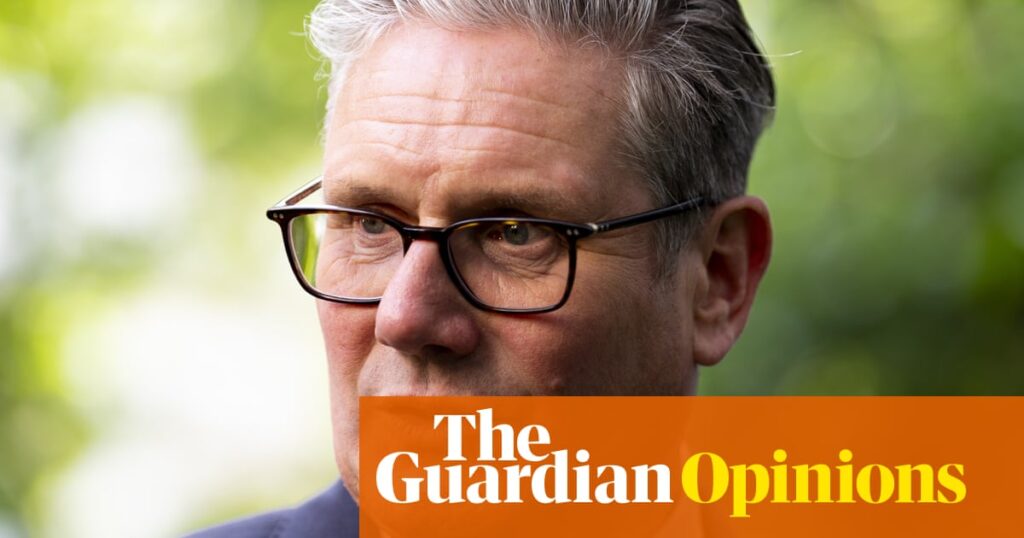“Nothing is inevitable until it happens,” wrote AJP Taylor, rejecting the idea that history unfolds according to a plan. Taylor distrusted grand visions. Sir Keir Starmer seems afraid to have one. A year into power, the prime minister doesn’t act like a man chosen by history, but one hoping to avoid its glare. Modern politics shifts quickly and governing as if nothing has changed is a risk. Yet Sir Keir treats pragmatism as principle and surrounds himself with advisers recycling New Labour-era habits: technocracy, market deference and fiscal discipline.
In a world of Trumpian shocks and geopolitical realignments, that strategy risks looking less like responsible government than crippling rigidity. What once passed for prudence now borders on denial. Change is happening regardless; the only choice is how to meet it. Retreating to the relative safety of the global stage is no substitute for leadership. Sir Keir cuts a confident figure abroad. At home, the instincts stumble. When a rebellion gutted his own government’s disability benefit cuts, he blamed his failure to grip the issue on being “heavily focused” on foreign affairs. In seeking gravitas overseas, he found mutiny at home.
The prime minister seems like a politician suited to managing decline, rather than overcoming it. Rather than offer a transformative vision, he aims to stabilise a reeling country after a decade of tumult. He is not a Thatcher or Attlee. His gamble is that, in a chaotic time, people do not want a charismatic leader; just someone who won’t make it worse. But his year in office has been marked by churn with little direction. By avoiding Labour values, he dulls the party’s voice on justice and solidarity. Under Sir Keir, Labour has consistently misread where its electoral threats lie. While it obsesses over the radical right, the left is regrouping, young voters are alienated and Muslim support is fracturing. If a charismatic leftwing rival emerges, Labour’s electoral coalition could be seriously damaged.
Sir Keir has missions; the electorate has other ideas. In 2024 Britain voted for change. In a moment of rupture what cuts through isn’t often competence but conviction and the ability to summon belief, not just manage process. A leader needs more than detailed plans; they need to make history feel possible again. In a nation riven by anger, inequality and economic torpor, the prime minister offers normality and patience. But post-Covid the national mood has moved past what he’s willing to provide.
The prime minister is a serious and cautious politician, favouring small steps. But a structurally and emotionally broken Britain requires more than moderate gradualism. This week’s rebellion has left him detached from the mechanics of leadership and exposed as being uncomfortable with the demands of intraparty politics. There’s a small and shrinking chance he is the right leader for a damaged but fixable Britain. However, the polls suggest he is on course to be the last steward of a disappearing post‑2008 order. Sir Keir is not flippant, nor obviously cynical. But nor is he the man many imagined when he ran for Labour leader. The question of authenticity shadows his pragmatism.
After a decade of austerity, stagnant living standards and eroded institutional legitimacy, the country Sir Keir leads feels no longer patient – or stable – enough for the kind of politics he believes in. Whether he can change that, or is already being shaped by forces beyond his control, remains to be seen.
-
Do you have an opinion on the issues raised in this article? If you would like to submit a response of up to 300 words by email to be considered for publication in our letters section, please click here.


